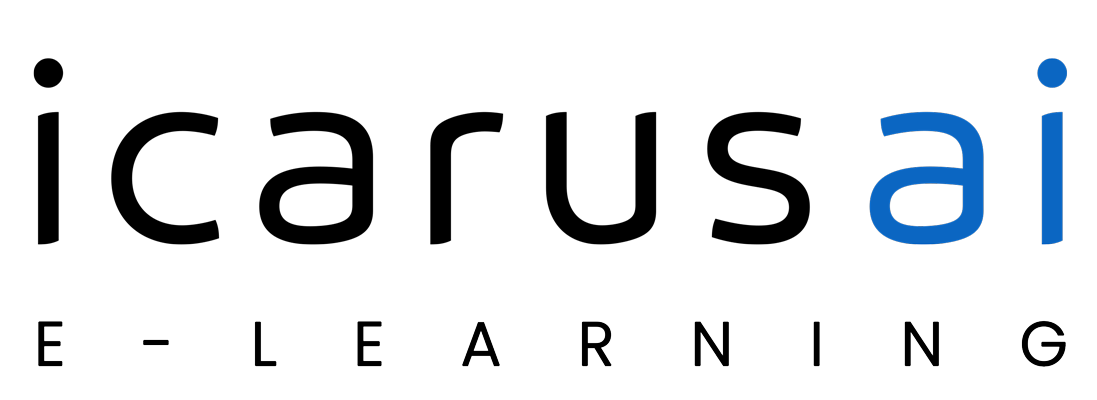The promise of early e-learning was universal access. The reality is that technology, without deliberate design, has only reinforced global inequalities. For organizations dedicated to ethical scale—from the UN Global Compact participants to global NGOs—the failure to achieve true equitable access is the most urgent issue in EdTech today.
This is not a matter of charity; it is a strategic failure to utilize 80% of the world’s human capital.
The Infrastructure Lie: When “Access” Means “Reliability”
The most visible hurdle is the Digital Divide, which carries an estimated impact score of 9/10 on global education challenges [cite: Pitch Deck]. While mobile phone penetration is high, reliable, high-bandwidth internet access in rural, low-income, or crisis-affected regions is inconsistent or non-existent.
The Strategic Problem: Many EdTech solutions assume constant, high-speed connectivity. This assumption immediately renders them useless to the world’s most vulnerable populations. A company cannot scale essential training—whether for sustainable farming or corporate compliance—if the platform requires a stable Wi-Fi connection.
The Actionable Solution: Organizations must stop building for “ideal access” and start mandating digital resilience. This means prioritizing offline-first capabilities and mobile-optimized content delivery. For a platform to truly serve the SDG mandate, it must be engineered to function in the absence of centralized infrastructure, ensuring learning remains continuous and location-independent.

The Linguistic Wall: The Silent Barrier to Knowledge
Beyond the physical challenge of connectivity lies the cognitive barrier of language. The global knowledge economy operates overwhelmingly in English, creating a profound and often overlooked choke point for talent development.
- The Translation Failure: Your data confirms the stunning inefficiency: despite billions of non-English speakers, only 3% of all published content is translated [cite: Pitch Deck]. This linguistic bottleneck actively excludes vast pools of talent—local experts, Indigenous leaders, and subject matter specialists—whose knowledge is vital for solving localized problems (e.g., water management, climate resilience).
- The Equity Cost: When critical knowledge (like sanitation protocols or advanced technical manuals) is only available in a foreign language, it is not just inconvenient—it is a violation of equitable access. It ensures that high-level policy and cutting-edge science remain trapped within a small linguistic elite.

The Transformative Mandate: AI for Universal Capacity
Overcoming these barriers requires a commitment to EdTech 3.0 principles, led by ethical AI. ICARUS AI’s approach is designed to eliminate both the access and linguistic problems simultaneously:
- True Multilingual Access: We use AI-powered transcription and nuanced translation to instantly localize complex technical and academic content. This capability is non-negotiable for any organization serious about global partnerships or SDG 4 implementation. It converts the 3% translation rate from a manual hurdle into an automated feature.
- WCAG Compliance as a Prerequisite: Accessibility is not optional. Mandating WCAG 2.2 AA compliance ensures that digital materials are usable by individuals with disabilities, further closing critical access gaps.
- Capacity as Currency: By ensuring content is offline and multilingual, we transform high-quality education into a truly universal currency. This allows IGOs and NGOs to guarantee that skills—the ultimate form of sustainable human capital—are delivered equitably, measurably, and resiliently to every corner of the world.
For any organization aiming for global scale and ethical impact, the focus must shift: We must invest not just in connectivity, but in linguistic and digital capacity. This is the only way to transform the global challenge of exclusion into the future opportunity of inclusion.

